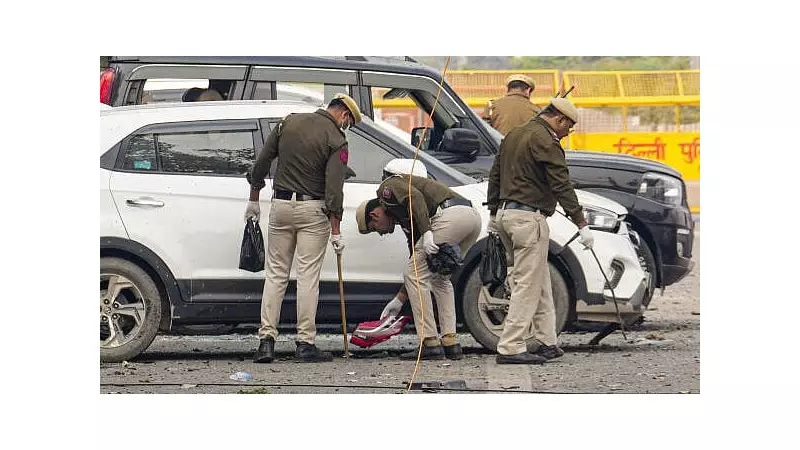
The Delhi Police has made a significant statement before the Supreme Court, alleging that the widespread protests against the Citizenship Amendment Act (CAA) were not merely about the law itself but had a larger objective of orchestrating a regime change in India, drawing parallels with political shifts in neighboring countries.
Comparisons to Regional Political Upheaval
In its submission to the apex court, the police force claimed that the anti-CAA protests were strategically aimed at a "regime change" in India. The authorities drew a direct comparison to political changes witnessed in nations like Bangladesh and Nepal, suggesting a similar pattern was being attempted within India's borders.
Allegations Against Professionals
In a contentious and highly debated remark, the Delhi Police also stated that it had become a "trend" for individuals from esteemed professional backgrounds, specifically naming doctors and engineers, to engage in activities that were described as "anti-national." This assertion was part of the broader argument presented to the court regarding the nature of the protests.
Context and Timeline
The legal submission was made on November 21, 2025, as part of the ongoing judicial scrutiny of the events surrounding the CAA demonstrations. The police's affidavit forms a crucial part of the official narrative being constructed around one of the most significant protest movements in recent Indian history, linking domestic dissent to broader geopolitical patterns in South Asia.





